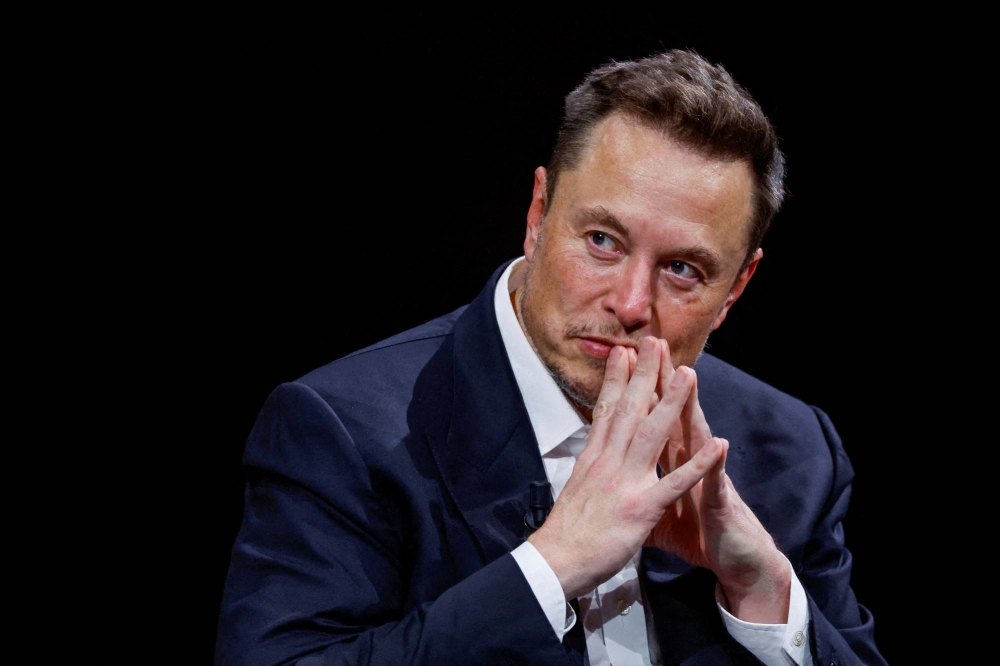In a recent turn of events, Elon Musk, the flamboyant CEO of Tesla and SpaceX, has admitted that his tweets might have had a negative financial impact on Tesla. This comes amidst a defamation lawsuit filed against Musk for spreading a conspiracy theory that defamed a private individual.
The lawsuit alleges that Musk’s tweets caused significant harm to the plaintiff, Thai cave rescue volunteer Richard Stanton. Musk had falsely accused Stanton of being a “pedo guy” during the highly publicized rescue of a youth soccer team trapped in a flooded cave in Thailand in 2018.
While admitting that his tweets might have been detrimental to Tesla, Musk downplays their overall influence. He claims that his tweets don’t have a significant bearing on Tesla’s stock price. Additionally, he dismisses the lawsuit as a mere “money grab” with no basis in reality.
This incident has sparked a debate about the power and influence of social media, particularly when wielded by a charismatic and controversial figure like Elon Musk. Musk is known for his erratic tweeting habits, often using the platform to make impulsive pronouncements and engage in online spats. His tweets have ranged from serious pronouncements about Tesla’s future to lighthearted memes and jokes.
While some argue that Musk’s social media presence is a breath of fresh air in the often-staid world of corporate communications, others believe that his impulsive tweeting poses a serious risk to Tesla’s reputation and financial health. The recent lawsuit adds fuel to this fire, raising questions about whether the potential benefits of Musk’s social media engagement outweigh the potential costs.
Only time will tell what the ultimate impact of Musk’s tweets on Tesla will be. However, this recent episode serves as a stark reminder of the double-edged sword that social media can be. While it can be a powerful tool for communication and engagement, it can also be a breeding ground for misinformation and controversy.



